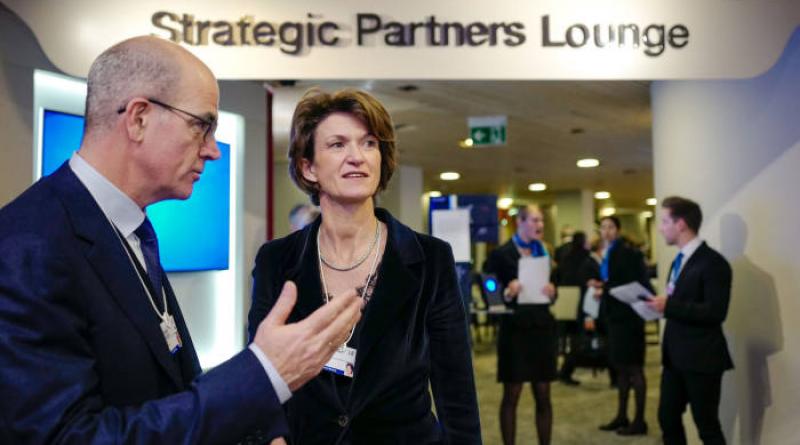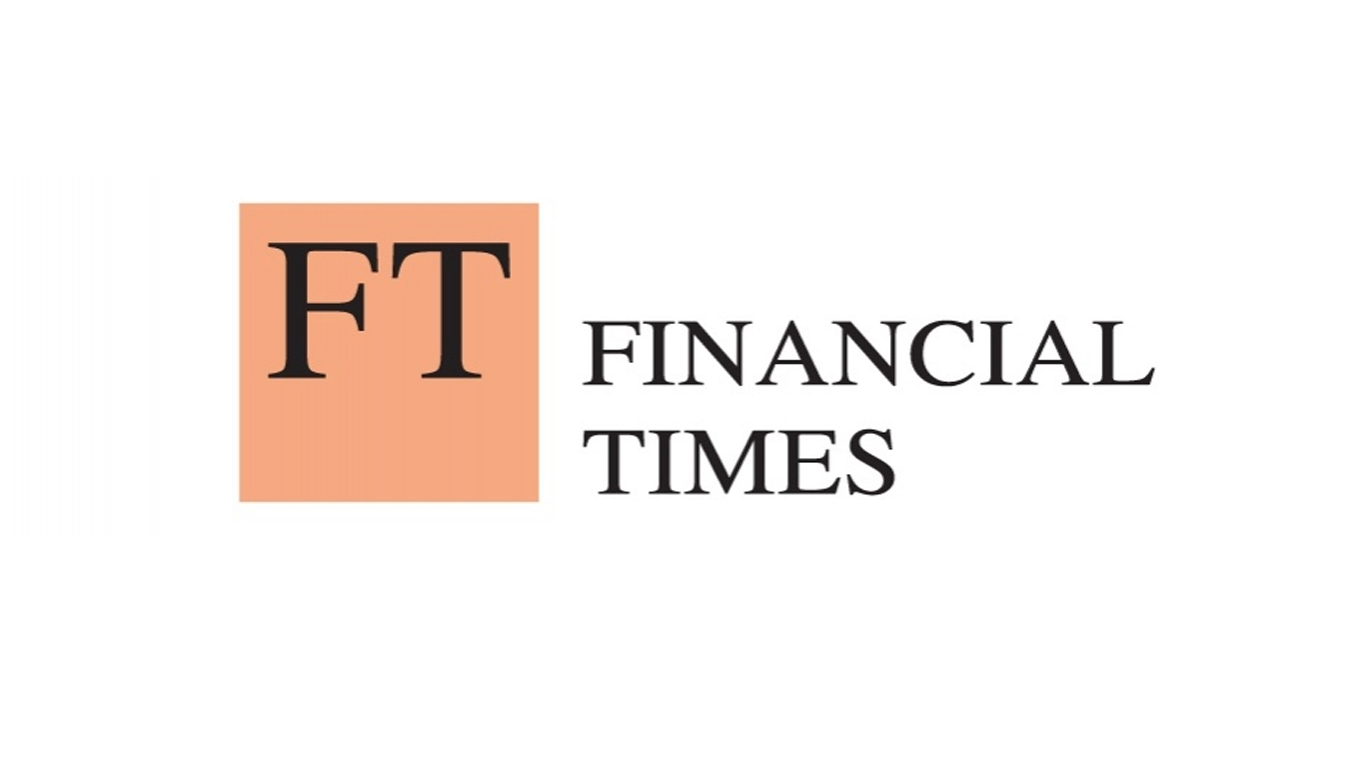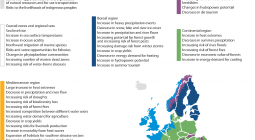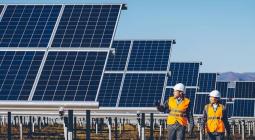Davos climate obsessions contain clues for policymaking

The environment has replaced the economy and finance on the global elite’s worry list
What are the biggest risks stalking the world today? A cynic might gripe that the list is so depressingly long that it is pointless even to try to choose: populism, cyber attacks, trade wars, weather shocks and global debt are all on the rise.
However, during the past decade the World Economic Forum has asked its members to rank their worries in terms of likelihood and impact, ahead of its annual meeting in Davos. And while this poll is limited in scope — WEF members are drawn, of course, from the global elite of corporate executives, government officials, NGO activists and the media — the results are nevertheless thought-provoking.
This year’s “worry” list, for example, is dominated by climate change concerns: Davosians apparently fear that extreme weather events are becoming more common, and that the world has no effective mechanism to respond. Climate issues account for three of the five risks deemed most likely to materialise in 2019 — and four of the top five risks that could cause the most damage. The only other topics cited are weapons of mass destruction, and cyber risks.
That might seem unremarkable. After all, the survey was carried out in the autumn of 2018, a year marked by extreme weather events, which, it is becoming clear, are damaging some companies’ bottom lines. Pacific Gas and Electric is just the latest case in point — as well as a warning.
But what is more striking is how this worry list has changed since the WEF started its survey. A decade ago, what worried Davosians was the economy and the financial system. When asked about which dangers were most likely to materialise, they cited “asset price collapse”, and “slowing Chinese economy” first. And the risks perceived to cause most damage were “asset price collapse”, “retreat from globalisation”, “oil and gas price spike”, and “fiscal crises”. The only non-financial issue cited was “pandemic”. The environment was not mentioned at all.
These economic issues continued to dominate in subsequent years. But in 2015 the risk of social strife and inter-governmental conflicts (ie war) suddenly jumped on to the worry list, partly displacing economic concerns. Then, in 2018, climate change issues and cyber problems suddenly dominated. And this year the swing has gone further — so much so that economic issues do not appear in the top five at all.
To put it another way: a decade ago the WEF elite were apparently so obsessed with the fear that finance would melt down that they did not have time to worry about the environment. Now they are so alarmed that the planet and/or the internet will collapse that the economic risks are less prominent.
What message should investors (or policymakers) take from that? An optimist might argue that the shift reflects policy progress. After all, western governments have stabilised the financial system since the crisis by forcing banks to expand their capital cushions, and global growth has been surprisingly steady — at least until now.
A pessimist, however, might point to another, equally plausible, interpretation: Davosians are easily distracted. Yes, they can spot dangers just before they hit, and worry about these when they are visible. But they can also be dangerously complacent about other issues. So, to my mind, the fact that the global elite is not worrying about financial risk, the growth outlook or rising debt levels is a signal that investors should wake up to these issues.
Perhaps the most practical conclusion from the poll is that it signals where policy action may next heat up. Think about it. The explosion of concern about finance in 2008 led to significant financial reform. Rising fears about migration in 2016 triggered a political response. Cyber hacking fears jumped on to the list as the cyber security industry boomed.
On that basis, the key conclusion from the Davosian list might be that investors should now look for more climate action. That might seem hard to believe if you are watching US president Donald Trump’s administration right now. But, if nothing else, Mr Trump has inadvertently concentrated minds among his opponents.
Or, to put it another way, the statement from former Federal Reserve chairs and several Nobel laureates on climate risks published in the Wall Street Journal on Wednesday points to a bigger potential trend (and theme) for 2019.
Let us just hope that it sparks even more tangible action than we saw in the arena of financial reform a decade ago — and is more effective.
gillian.tett@ft.com





